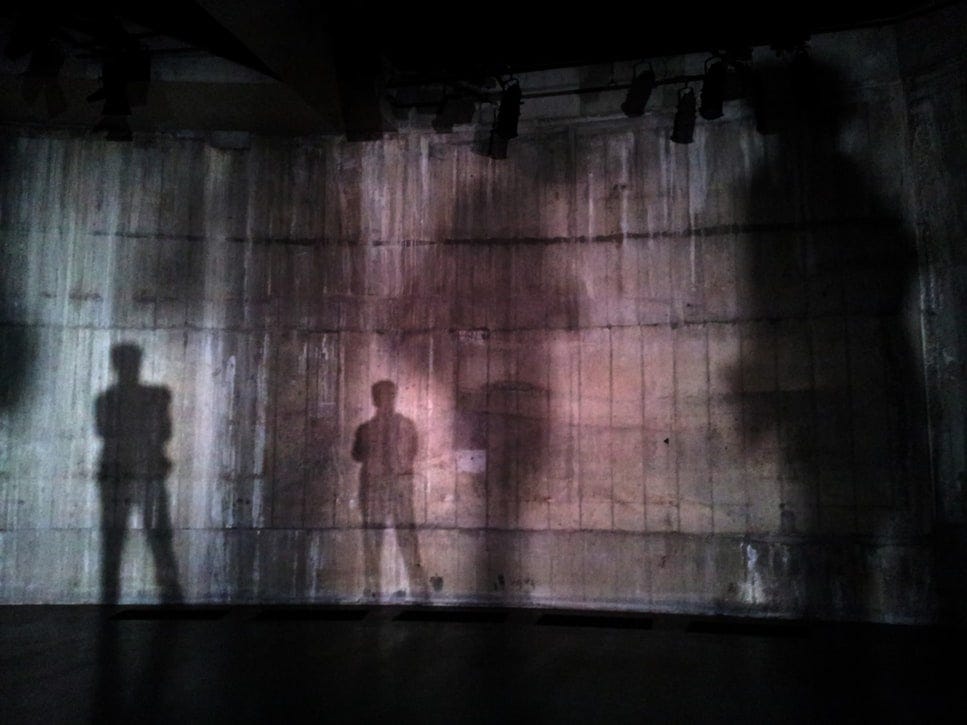Joseph and his Brothers, Acting Out
The Hungarian born physician and trauma expert Gabor Mate teaches an interesting take on the phrase “acting out” used frequently as a way of labeling aggressive or disruptive behavior of children. He notes that the phrase is also used in playful contexts like charades to mean the way one has to relay information without speaking. To act something out is to show its meaning through gestures and movements. So too with children who act out who have something to say but not the words to say it.
The Torah is replete with moments where feelings are expressed through actions in lieu of words, often through violence. The pattern is set at the very beginning of the human family when Cain, the first person to be born, is filled with jealousy at the second because it is the younger brother Abel whose offering gains the favor of G*d. G*d calls Cain out and warns him that he must overcome what he feels. Nevertheless Cain accosts his younger brother Abel. The verse opens with the phrase “Cain said to Abel” and yet there are no words that follow only the deadly strike. In lieu of speaking, Cain acted out his anger with deadly clarity.
Generations later another favored son would be accosted with the same murderous intentions by his own older brothers driven to jealousy. On the surface there is plenty of conversation during the Joseph story as he tells his family of his dreams and his brothers openly express their disgust and hatred, especially knowing that their father loves only Joseph, the one to whom a special ornamented tunic is gifted. However, over and over the verses emphasize what the brothers or Jacob can’t or don’t say. The text makes clear that for everything said there were more important words unsaid. Again, these unspoken words are acted out to the detriment of all involved.
The brothers do plot and act with more explicit sophistication than Cain. Ultimately though it is their contempt and dejection that does most of the speaking through their actions. One notable exception is Reuven’s last minute plea that the brothers not spill their brother’s blood with their own hands, a plea that wins a stay of execution. For now they strip that coat and throw Joseph in a p
it to rot while the rest sit down to break bread together. As brothers. Finally Judah intervenes with the idea of selling Joseph to passing slave traders. They bloody that coat. As soon as Jacob sees it, no more words are necessary. “My son has been devoured and torn by a wild beast.” Gone but all the more to be remembered as the only favorite son.
The Torah has never been a particularly good source of parenting advice and Jacob and his sons and daughter are hardly an exception. There is a tragic symmetry between the first fratricide in biblical history that opens the story of the book of Genesis and what was nearly another which would close the book on the early generations. Yet in the jumble of words and actions the slightest space is created for Joseph to escape with his life, if not his coat. Unlike Cain, the brothers also escape from the finality of the act they desired to commit. Later, after the story unfolds and new dreams are set in motion the brothers will reunite. There is no coincidence that the centerpiece of that moment will be not acting out emotions but Judah putting them into the words that had been unsaid. Another story and one that must be told.



